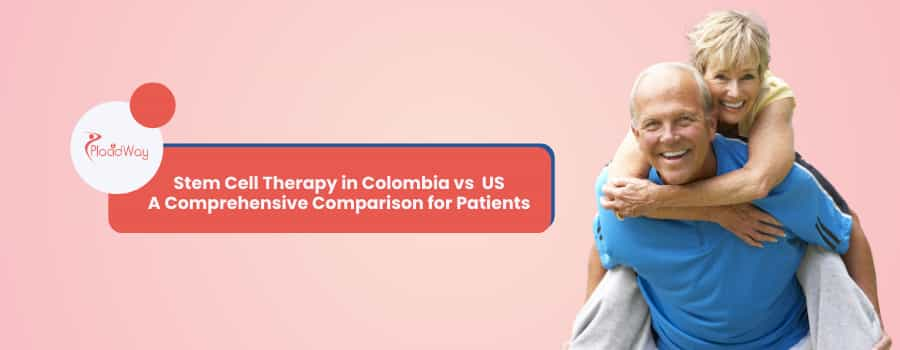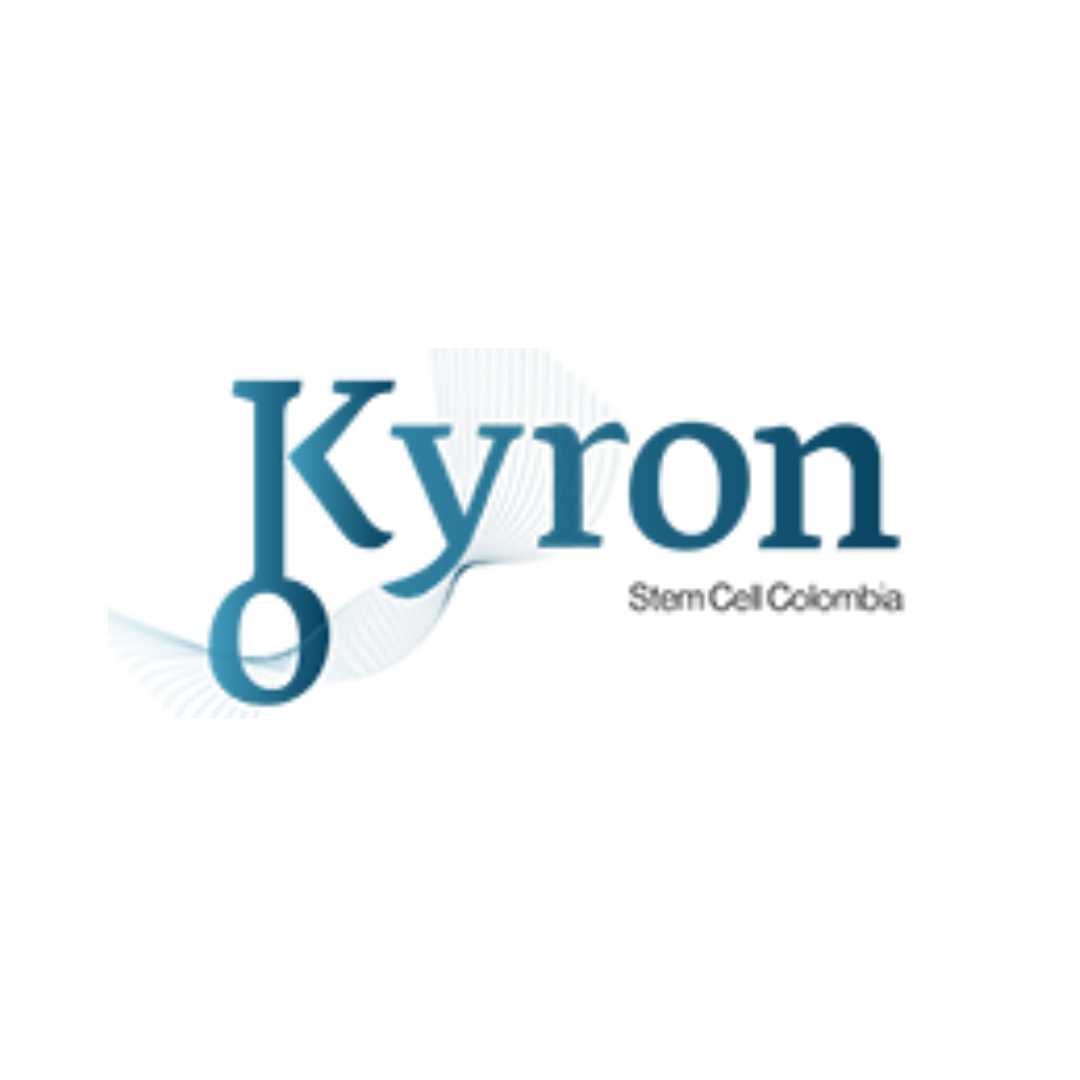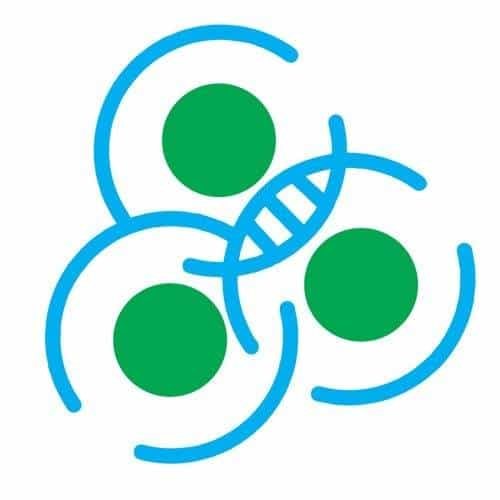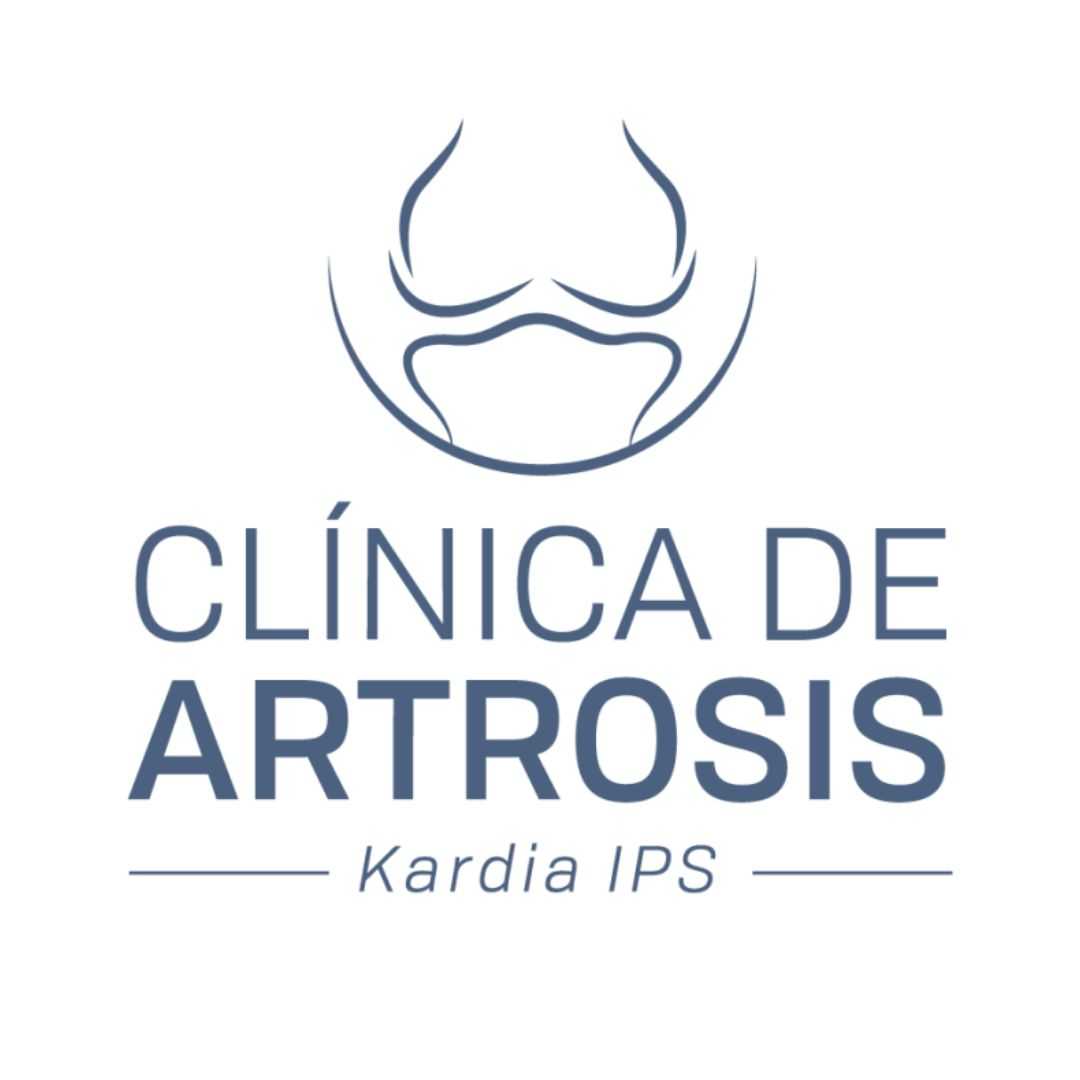
Choosing to undergo stem cell therapy is a significant decision, and selecting the right location is paramount. The United States and Colombia have both emerged as key destinations for regenerative medicine, yet they offer vastly different experiences in terms of cost, regulatory landscape, and treatment accessibility. This guide provides a detailed, unbiased comparison to empower patients seeking treatment for orthopedic injuries, autoimmune diseases, neurological conditions, and anti-aging.
Why This Decision Matters - Navigating a Complex Choice
The United States is a hub of medical innovation but operates under a highly restrictive FDA regulatory framework, making many advanced stem cell therapies expensive and accessible primarily through clinical trials. In contrast, Colombia has cultivated a reputation for high-quality, affordable regenerative medicine, with a more permissive regulatory environment that allows for a wider range of treatments. Understanding these core differences is the first step toward making a choice that aligns with your health needs, budget, and personal comfort level.
Stem Cell Therapy in Colombia vs. The U.S - A Detailed Comparison
Key Capabilities - Where Each Nation Excels
Colombia - The Hub for Accessible, Advanced Therapy
Colombia's strength lies in making cutting-edge regenerative medicine accessible and affordable. The country's regulatory framework allows for the use of high-potency, allogeneic (donor) mesenchymal stem cells and cell culturing, which are often restricted in the U.S.
This enables clinics in cities like Medellín and Bogotá to offer a wider array of treatments for complex conditions. With a strong emphasis on patient experience, many Colombian clinics provide a concierge-level service, managing all aspects of the medical journey for international patients in state-of-the-art facilities.
United States - The Leader in Research and FDA-Approved Treatments
The U.S. leads the world in stem cell research and clinical trials. Its key capability is providing the highest level of regulatory scrutiny, ensuring that any approved therapy has undergone extensive testing for safety and efficacy.
The primary FDA-approved treatment is hematopoietic stem cell transplantation for blood and immune disorders. For other conditions, patients in the U.S. can access experimental therapies through rigorously controlled clinical trials, contributing to the future of medicine while receiving care under the strictest safety protocols.
Stem Cell Therapy in Colombia - Weighing the Pros and Cons
Pros
- Significant Cost Savings: Treatments are often 50-80% cheaper than in the U.S., making life-changing therapy financially viable for more people.
- Wider Access to Therapies: The permissive regulatory environment allows for advanced treatments not yet available in the U.S.
- High-Quality Care: Many top clinics are internationally accredited, staffed by highly trained specialists, and utilize the latest technology.
- Minimal Wait Times: Patients can schedule procedures quickly without the long delays often associated with U.S. clinical trials.
- Patient-Centric Experience: A strong focus on medical tourism means a seamless, supportive journey from travel to recovery.
Cons
- Out-of-Pocket Expense: Treatments are not covered by insurance and require self-funding.
- Variable Clinic Quality: As the market grows, it's crucial for patients to diligently research and choose reputable, accredited clinics.
- International Travel: Requires travel, which can be a barrier for patients with severe mobility issues or health conditions.
- Less Long-Term Data: Some of the newer, more advanced treatments may have less long-term outcome data compared to FDA-trialed therapies.
Stem Cell Therapy in the United States: Weighing the Pros and Cons
Pros
- Strict Safety and Oversight: The FDA's rigorous approval process provides the highest level of safety assurance.
- Leading Research Hub: Access to cutting-edge clinical trials at world-renowned research institutions.
- No International Travel: Treatment is close to home for U.S. residents, simplifying logistics and follow-up care.
- Clear Legal Framework: Patients are protected under a well-established medical and legal system.
Cons
- Prohibitively High Cost: The price of stem cell therapy is a significant barrier for most, with costs easily exceeding $50,000.
- Extremely Limited Availability: Very few therapies are FDA-approved, severely restricting options for most conditions.
- Long Wait Times: Enrolling in a clinical trial can be a long and competitive process with no guarantee of acceptance.
- Restrictive Treatment Protocols: FDA regulations limit the types of cells and preparation methods that can be used, potentially reducing therapeutic options.
Real Stories from Patients
David M., Texas, USA (Treated in Colombia)
"After two knee surgeries in the States, I was told my only option for my arthritis was a full replacement. The cost was daunting. A friend told me about his experience in Medellín. For less than the cost of my U.S. deductible, I received high-quality stem cell therapy. Six months later, I'm hiking again with minimal pain. The clinic was immaculate, the doctors were thorough, and the patient coordinator handled everything. It was a game-changer."
Linda S., Ohio, USA (Treated in the US)
"I was fortunate to be accepted into a clinical trial for my autoimmune condition at a major U.S. hospital. The process was long, with extensive screening, but the level of care was incredible. I knew I was under the strictest safety protocols. While my results weren't miraculous, my symptoms have stabilized, and I'm grateful to have contributed to research that could help others. The cost was covered by the trial, but getting in was the real challenge."
Robert G., Florida, USA (Treated in Colombia)
"My wife and I went to Bogotá for anti-aging and wellness therapy. We were skeptical at first, but the professionalism of the medical team won us over. They explained the entire process, from the sourcing of the umbilical cord cells to the IV administration. We both feel more energetic, and some of my chronic inflammation has subsided. It felt like receiving futuristic healthcare in a warm, welcoming environment."
Emily C., California, USA (Treated in the US)
"My son has a rare blood disorder, and his best hope was a hematopoietic stem cell transplant. Everything was handled through our U.S. insurance and our local children's hospital. It was a grueling, terrifying, and incredibly expensive process, but it saved his life. I can't imagine having to travel for that level of care. For FDA-approved treatments, staying in the U.S. was non-negotiable for us."
Comprehensive FAQ Section
Is stem cell therapy in Colombia safe?
When performed at a reputable, accredited facility, it is considered safe. Look for clinics with international accreditations (like JCI), transparent protocols, and experienced medical staff. Colombia's health authority, INVIMA, regulates clinics, adding a layer of oversight.
Why is stem cell therapy so much cheaper in Colombia?
The lower cost is due to several factors, including a lower cost of living, lower operational and labor costs for medical facilities, and government support for medical tourism. It is not an indication of lower quality care in reputable centers.
What types of stem cells are used in Colombia that are not used in the US?
Colombian stem cell clinics often use allogeneic mesenchymal stem cells (MSCs) derived from donated umbilical cord tissue. These cells are young, potent, and can be administered in high doses. The clinics can also legally culture-expand cells to achieve higher quantities, a practice heavily restricted by the FDA in the U.S.
Will my U.S. insurance cover treatment in Colombia?
No. Medical tourism for stem cell therapy is almost always an out-of-pocket expense. U.S. insurance plans do not cover treatments that are considered experimental or are performed outside the country.
What is the biggest risk of seeking treatment abroad?
The primary risk is choosing an unreputable clinic. Patients must perform thorough due diligence. Avoid clinics that make cure-all claims, lack transparency about their methods, or are not properly licensed. The second risk is the lack of legal recourse compared to the U.S. medical system if something goes wrong.
How do I find a reputable clinic in Colombia?
Look for JCI accreditation, read patient testimonials from multiple sources, schedule a video consultation with the doctors, and ask specific questions about their cell sourcing, processing, and administration protocols. Reputable clinics will be transparent and provide clear answers.
Can I get the same treatment in the U.S. if I pay for it?
Generally, no. The issue in the U.S. is not just cost but regulation. The FDA prohibits clinics from manipulating or expanding stem cells and marketing them as treatments for specific diseases without going through the lengthy and expensive drug approval process. Therefore, many therapies offered in Colombia are not legally available in the U.S. outside of clinical trials.
What conditions show the most promise for treatment in Colombia?
Many patients seek treatment in Colombia for orthopedic conditions (arthritis, joint injuries), autoimmune diseases (Multiple Sclerosis, Rheumatoid Arthritis), neurological conditions (Parkinson's, post-stroke recovery), and anti-aging/wellness therapies.
How long do I need to stay in Colombia for treatment?
This depends on the protocol, but most treatment plans require a stay of 5 to 10 days. This allows for initial consultation, pre-treatment testing, the procedure itself (which may involve one or more infusions), and initial post-treatment monitoring.
What should I ask a clinic before committing to treatment?
Ask about the source of their stem cells, the number of cells administered per treatment, their laboratory standards (are they GMP-compliant?), the full cost including all fees, the experience of the medical team, and what their follow-up care process involves.
Ready to Explore Your Regenerative Medicine Options?
The decision between Colombia and the U.S. for stem cell therapy is deeply personal. It requires balancing cost, accessibility, and your comfort with different regulatory environments. At PlacidWay, we connect patients with a global network of pre-vetted, high-quality medical facilities.
Let our team provide you with personalized, transparent quotes and answer your specific questions to help you navigate this complex journey with confidence. Your path to healing starts with being informed.
Get a Free, Personalized Quote





.png)

.png)







Share this listing